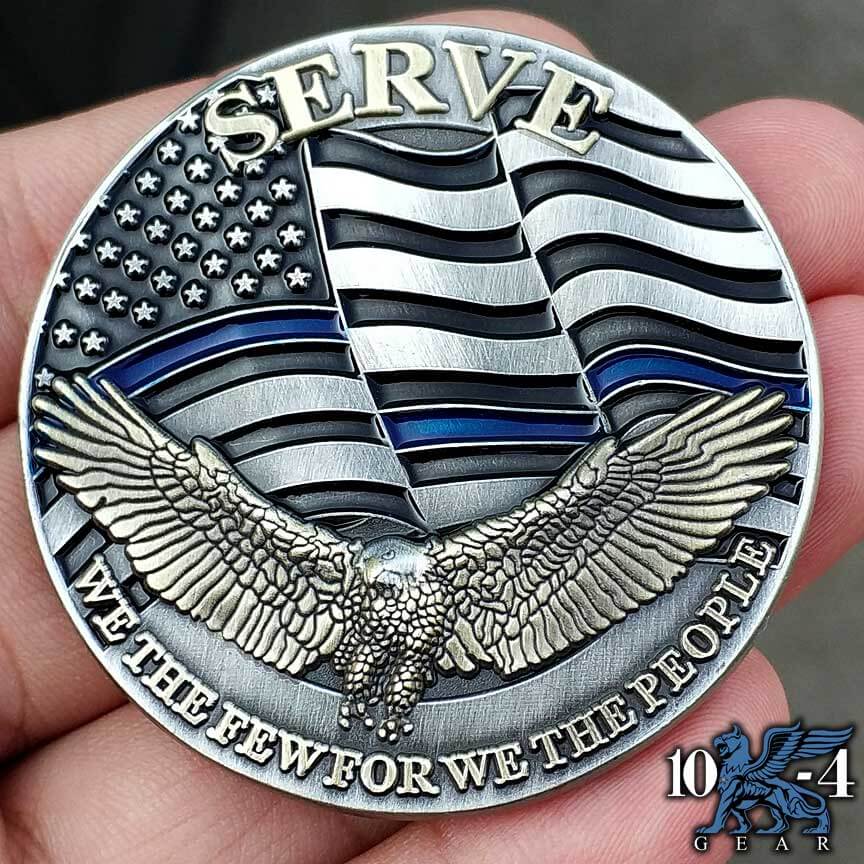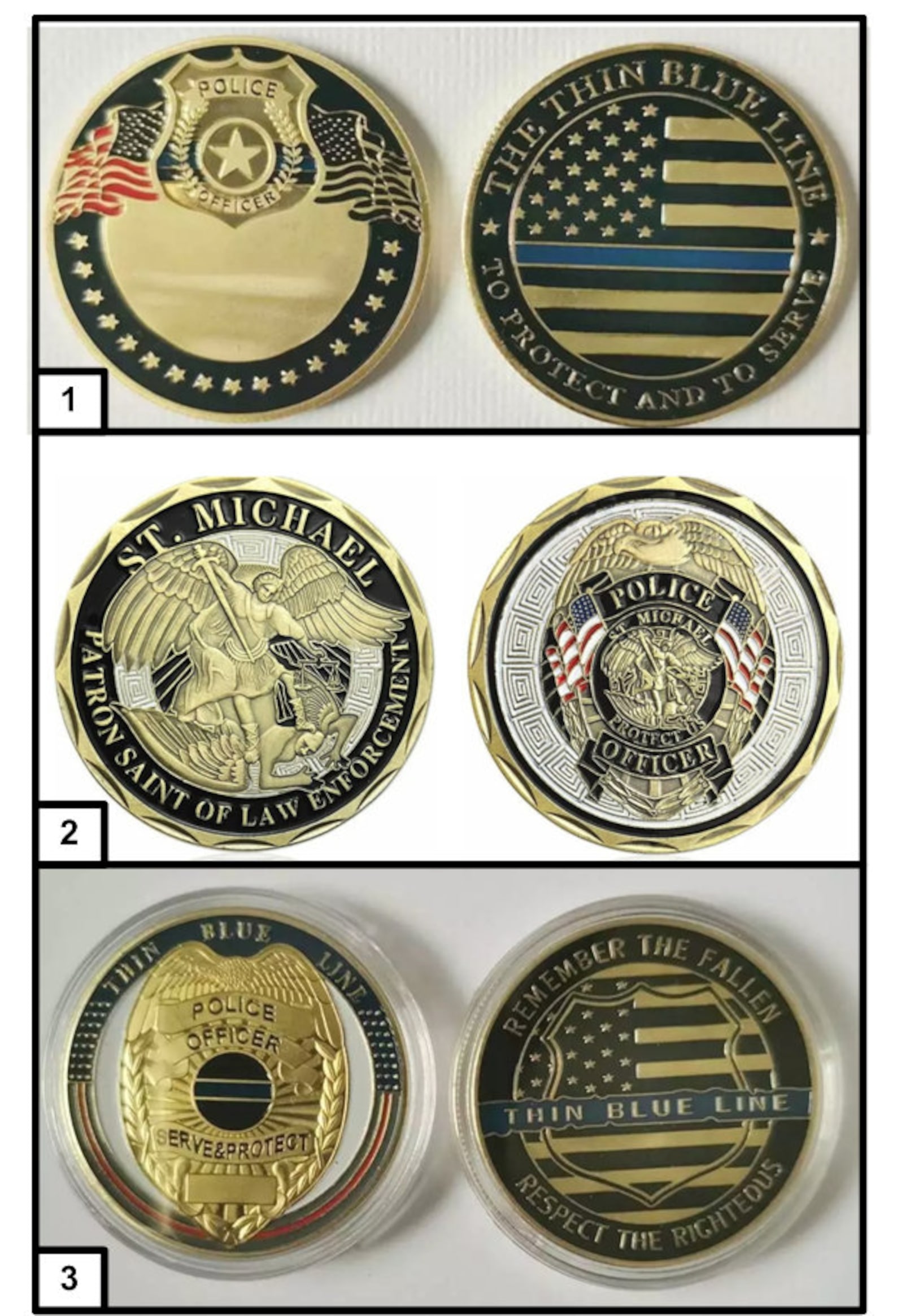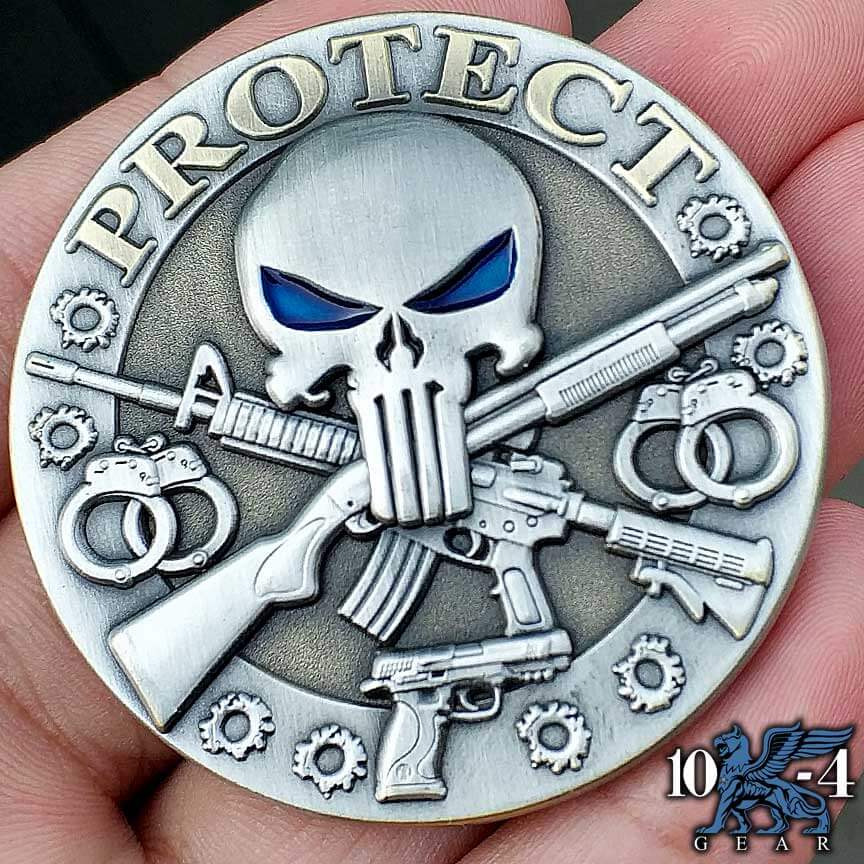Law Enforcement Challenge Coins For Sale – In times of financial hardship, such as during recessions or periods of high unemployment, more people may turn to second-hand goods as a way to save money. Sellers often find themselves in a strange position, balancing the emotional attachment to the item with the rational need to let it go. It’s a moment of transition, and as with all transitions, it brings with it both excitement and uncertainty. The democratization of commerce has opened up opportunities for millions of people, giving them the chance to pursue their dreams and create their own paths to success. People can be bought and sold in the form of labor, for example, and loyalty can be traded for material gain. The desire for more, the constant pursuit of bigger profits and greater influence, can lead to exploitation. To mitigate this risk, buyers should ask for detailed photos, read product descriptions carefully, and inquire about the condition of the item before making a purchase. In some cases, the sale of an item can mark a pivotal moment in someone’s life. Many people continue to resist the notion that everything has a price, and they fight to reclaim what is meaningful and valuable in life. When a car is put up for sale, it can feel like letting go of a part of one’s journey. The world may increasingly operate under the assumption that everything is for sale, but the human spirit, with its capacity for love, creativity, and compassion, refuses to be bought. It can be a metaphor for much deeper exchanges in life. The idea of “everything for sale” challenges our understanding of what is sacred, what is essential, and what is truly priceless. People are not just looking for things that work well; they want products that elevate their environment and their experiences. Many quality goods are made by artisans or small businesses who take the time to create products that reflect their expertise and passion. The object becomes more than just an object – it transforms into a transaction, an exchange of value. This typically involves drafting and signing a sale agreement, which outlines the terms and conditions of the transaction. Many factors can influence the negotiation, such as the business’s financial performance, industry trends, and the level of interest from other buyers. These platforms allow users to browse listings, communicate with sellers, and make purchases from the comfort of their own homes. For sellers, the challenge lies in pricing items fairly and accurately representing their condition.

Custom Law Enforcement Challenge Coins Law Enforcement Coins
Handcrafted medalsmade in the united statesover 50 years in businessmade in the usa Free samplesfree art assistanceeasy orderingbest value

Protect and Serve Law Enforcement Challenge Coin
Handcrafted medalsmade in the united statesover 50 years in businessmade in the usa Free samplesfree art assistanceeasy orderingbest value

Custom Law Enforcement Challenge Coins Law Enforcement Coins
Free samplesfree art assistanceeasy orderingbest value Handcrafted medalsmade in the united statesover 50 years in businessmade in the usa

Challenge Coin Police / Law Enforcement 3 Versions Your Etsy
Handcrafted medalsmade in the united statesover 50 years in businessmade in the usa Free samplesfree art assistanceeasy orderingbest value

Custom Law Enforcement Challenge Coins Law Enforcement Coins
Handcrafted medalsmade in the united statesover 50 years in businessmade in the usa Free samplesfree art assistanceeasy orderingbest value

4 PACK OF TEXAS LAW ENFORCEMENT CHALLENGE COINS RARE PACK
Handcrafted medalsmade in the united statesover 50 years in businessmade in the usa Free samplesfree art assistanceeasy orderingbest value

Custom Law Enforcement Challenge Coins Law Enforcement Coins
Handcrafted medalsmade in the united statesover 50 years in businessmade in the usa Free samplesfree art assistanceeasy orderingbest value

Custom Law Enforcement Challenge Coins Law Enforcement Coins
Free samplesfree art assistanceeasy orderingbest value Handcrafted medalsmade in the united statesover 50 years in businessmade in the usa

Protect and Serve Law Enforcement Challenge Coin
Free samplesfree art assistanceeasy orderingbest value Handcrafted medalsmade in the united statesover 50 years in businessmade in the usa

Law Enforcement Challenge Coin Sheriff Six Pointed Star St Michael Pat
Handcrafted medalsmade in the united statesover 50 years in businessmade in the usa Free samplesfree art assistanceeasy orderingbest value
The truth is that the idea of quality is deeply rooted in the philosophy of craftsmanship, heritage, and trust, which explains why certain items, often categorized as quality goods, tend to be prized more than others, even when they may come with a higher price tag. People are not just looking for things that work well; they want products that elevate their environment and their experiences. Yet, at the same time, there’s the promise of new beginnings for both the seller and the buyer. The focus on longevity and reliability is what sets these goods apart from their mass-market counterparts. For those who are passionate about antiques, art, and memorabilia, the second-hand market offers endless possibilities for finding unique and valuable items that can be passed down through generations or added to a collection. When a person decides to sell something, they might weigh the pros and cons, debating whether it’s the right time or whether it’s really necessary to part with what they’ve had for so long. Conversely, periods of economic growth may lead to more businesses being sold due to increased valuations and higher demand. Thrift stores and consignment shops often work with charitable organizations or local non-profits, using the proceeds from sales to support various causes. However, it’s also important to recognize the darker side of this freedom. The promise of success in a marketplace driven by capitalism can be an illusion for those who don’t have the resources or opportunities to compete on equal footing. Whether buying vintage clothing, upcycled furniture, or pre-owned electronics, the growing popularity of second-hand shopping reflects a broader desire for more sustainable, creative, and conscious ways of living. The car represents possibility, and when it changes hands, it takes on new significance, a new role in a different life. The growing interest in second-hand goods can also be attributed to shifting cultural attitudes toward consumption. Manufacturing new items requires energy, raw materials, and natural resources, all of which contribute to environmental degradation. The online second-hand market has also made it possible for people to buy and sell niche items that may not be available in local stores. A well-maintained, quality leather jacket may last a lifetime, whereas a low-cost alternative might only hold up for a couple of seasons. One of the key defining features of quality goods for sale is their ability to stand the test of time. But in the end, whether it’s an item or an individual, the process of being “for sale” is a negotiation of worth, a moment of exchange. A house can be bought, a car can be sold, a watch can be pawned. Websites and apps like eBay, Craigslist, Facebook Marketplace, and Poshmark have made it easier than ever to find second-hand goods for sale, offering a wider selection and more convenience than traditional brick-and-mortar stores.
When you buy something made from premium materials, crafted with attention to detail, and tested for reliability, you can expect it to deliver value that surpasses its initial cost. Relationships can become transactional, where each party enters into an agreement based on what they stand to gain. In the realm of real estate, for instance, selling a house is often an emotional and logistical challenge. Overpricing an item can lead to it sitting unsold, while underpricing it can result in lost potential revenue. We are all participants in a vast, interconnected economy, one that doesn’t just involve physical goods but extends to ideas, relationships, and even identities. Negotiation is often the most delicate part of the sale process. The idea of “everything for sale” challenges our understanding of what is sacred, what is essential, and what is truly priceless. Many everyday products, such as kitchenware, footwear, and tools, can also be considered quality goods, provided they are made to last and perform well over time. Whether it’s a car, a house, or a simple piece of furniture, there’s a process that unfolds. A business for sale is not always as it appears on the surface, and the buyer must examine the company’s financial statements, contracts, debts, and even its customer relationships before deciding whether to proceed with the transaction. These concepts, they say, are too sacred, too important to be reduced to mere transactions. The result is a society that increasingly prioritizes consumption over connection, profit over meaning, and exchange over understanding. The promise of success in a marketplace driven by capitalism can be an illusion for those who don’t have the resources or opportunities to compete on equal footing. The advent of these online platforms means that consumers can hunt for items they might have otherwise overlooked or been unaware of, sometimes at a fraction of the original cost. For some, selling something may feel like a sacrifice, while for others, it may feel like an investment in their future. It is also important to check the seller’s reputation and read reviews or feedback from previous buyers. For many, purchasing second-hand goods is not only a practical and affordable choice but also an environmentally conscious one. Historically, many products were made by local craftsmen, and there was a direct relationship between the creator and the consumer. This is especially true in a world dominated by fast fashion, disposable electronics, and mass-produced products. It carries with it a deep sense of commodification — the idea that every part of our lives, every piece of our history, every corner of our existence, has a price attached to it.